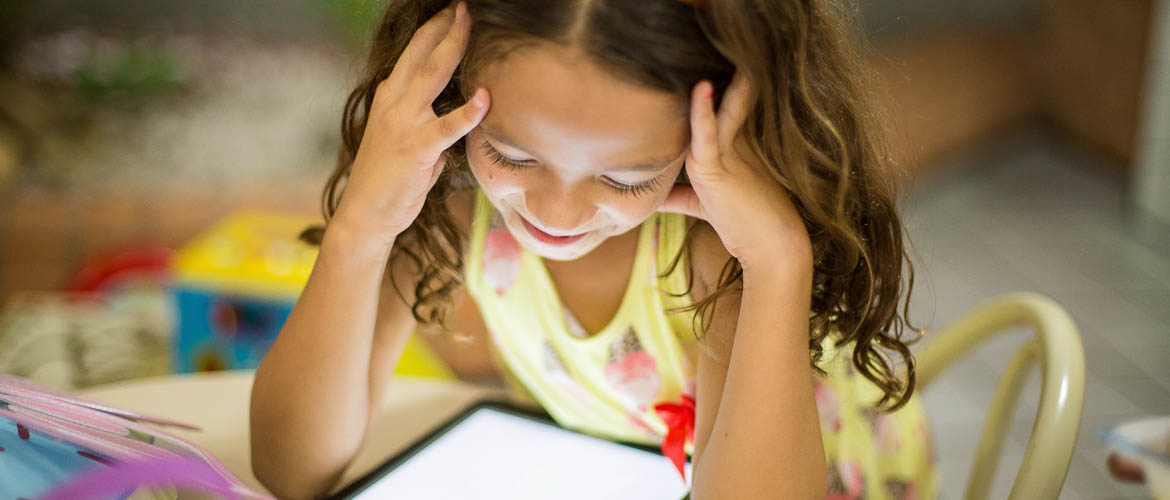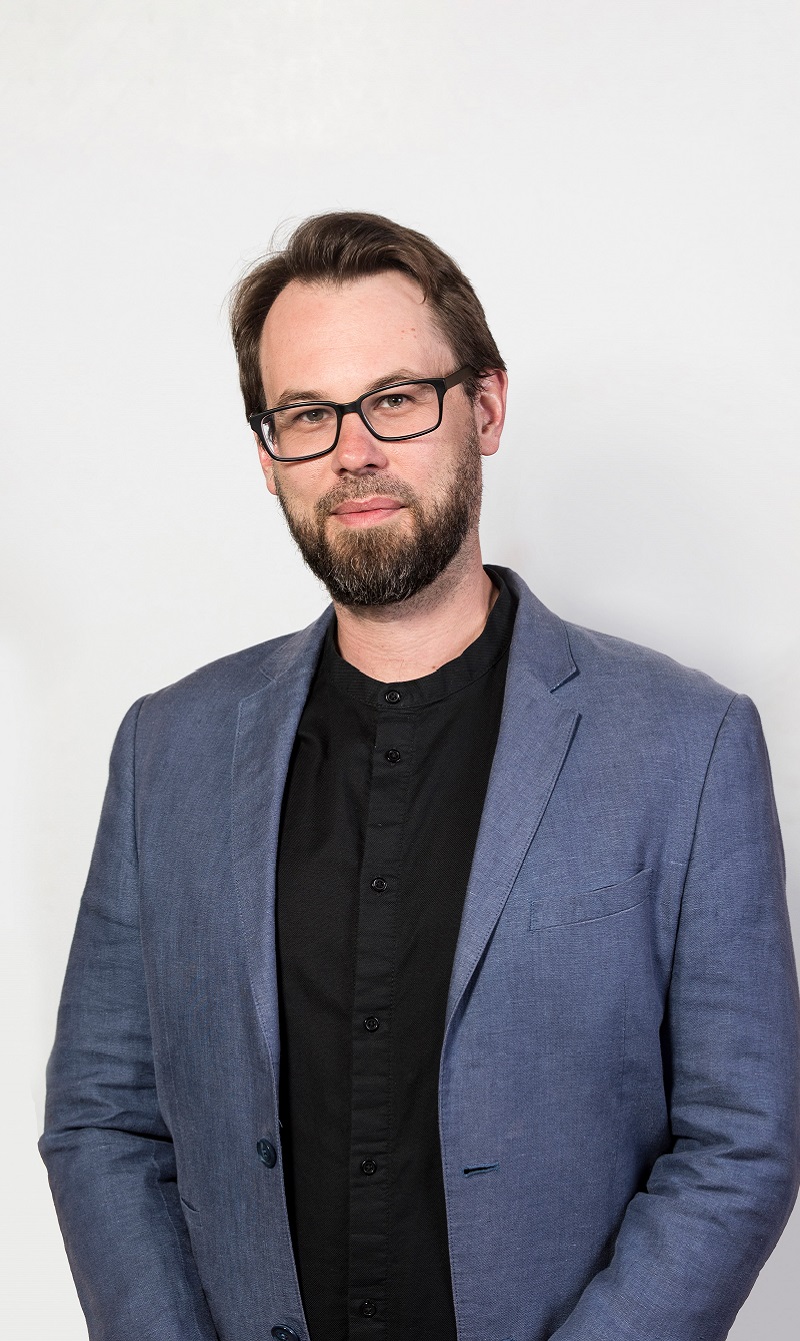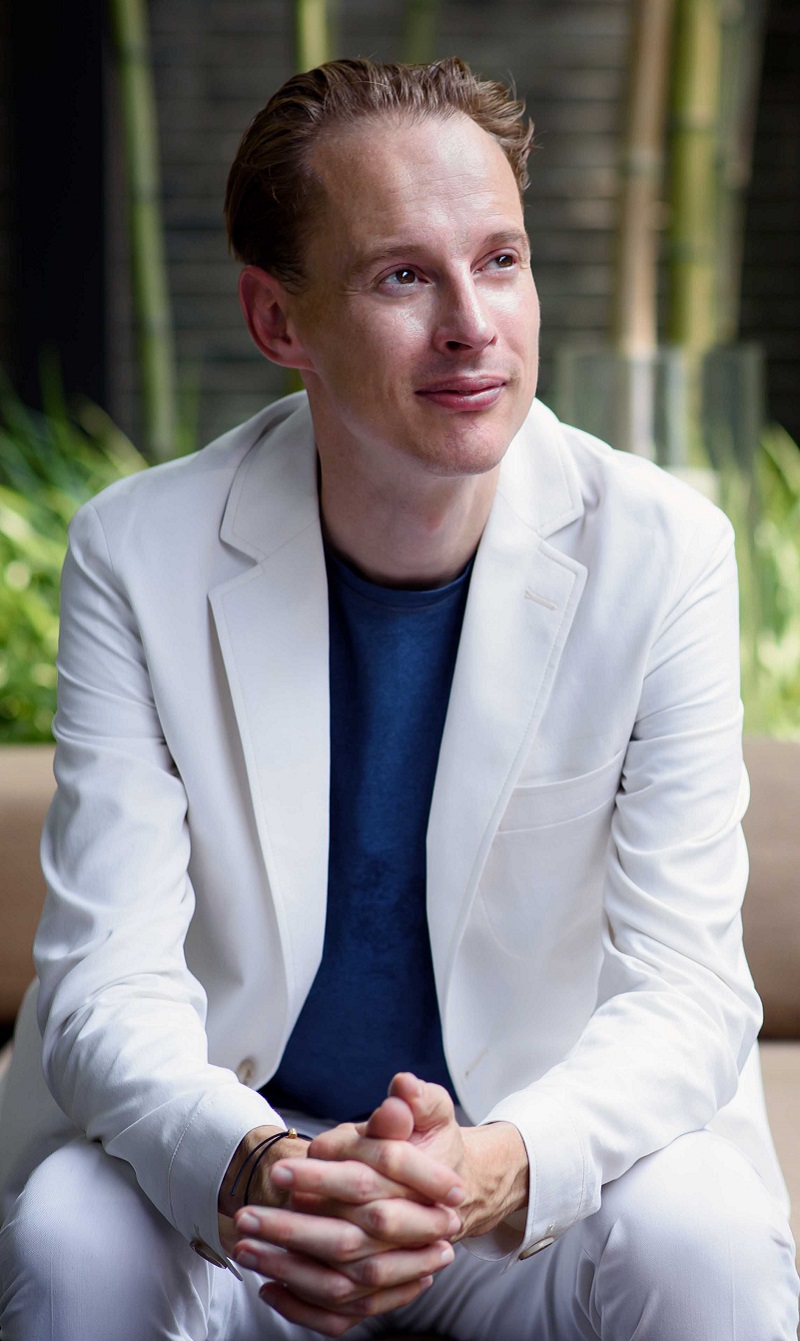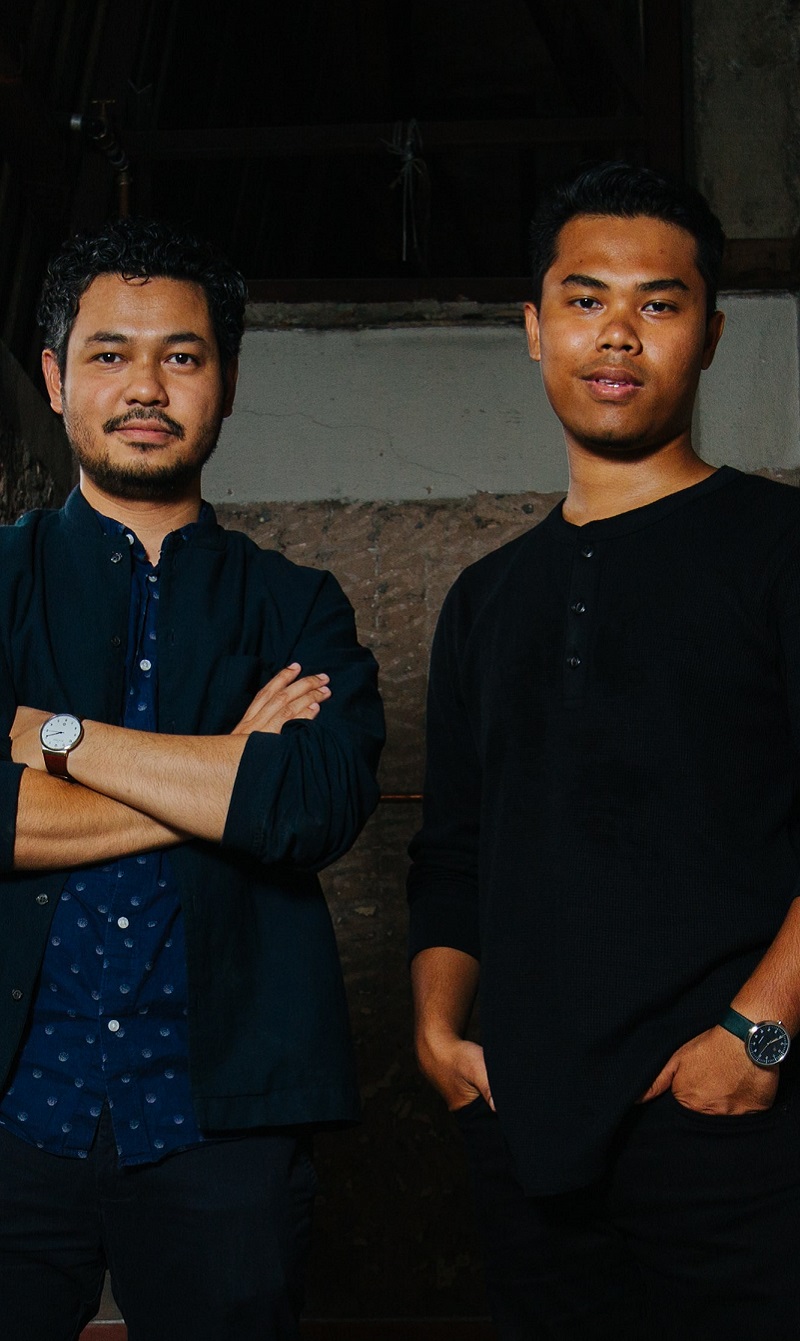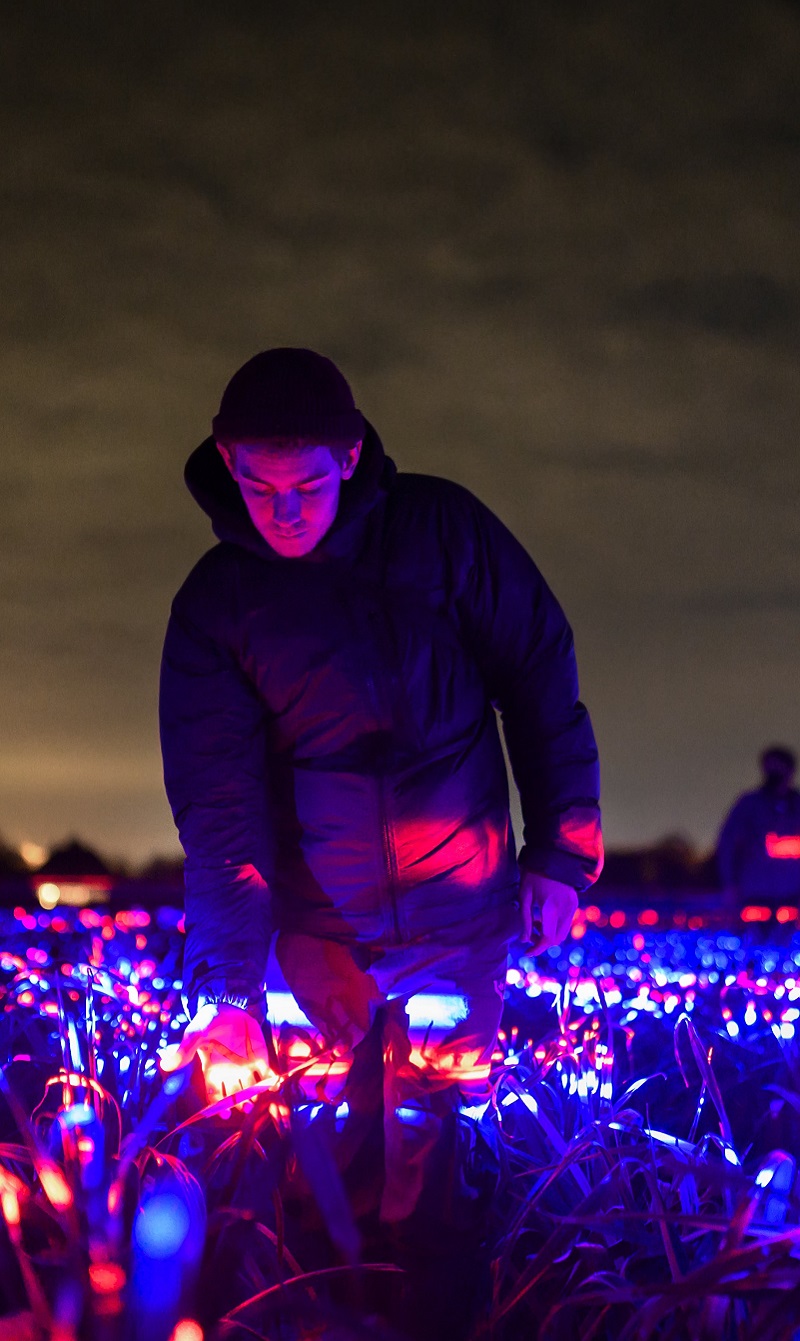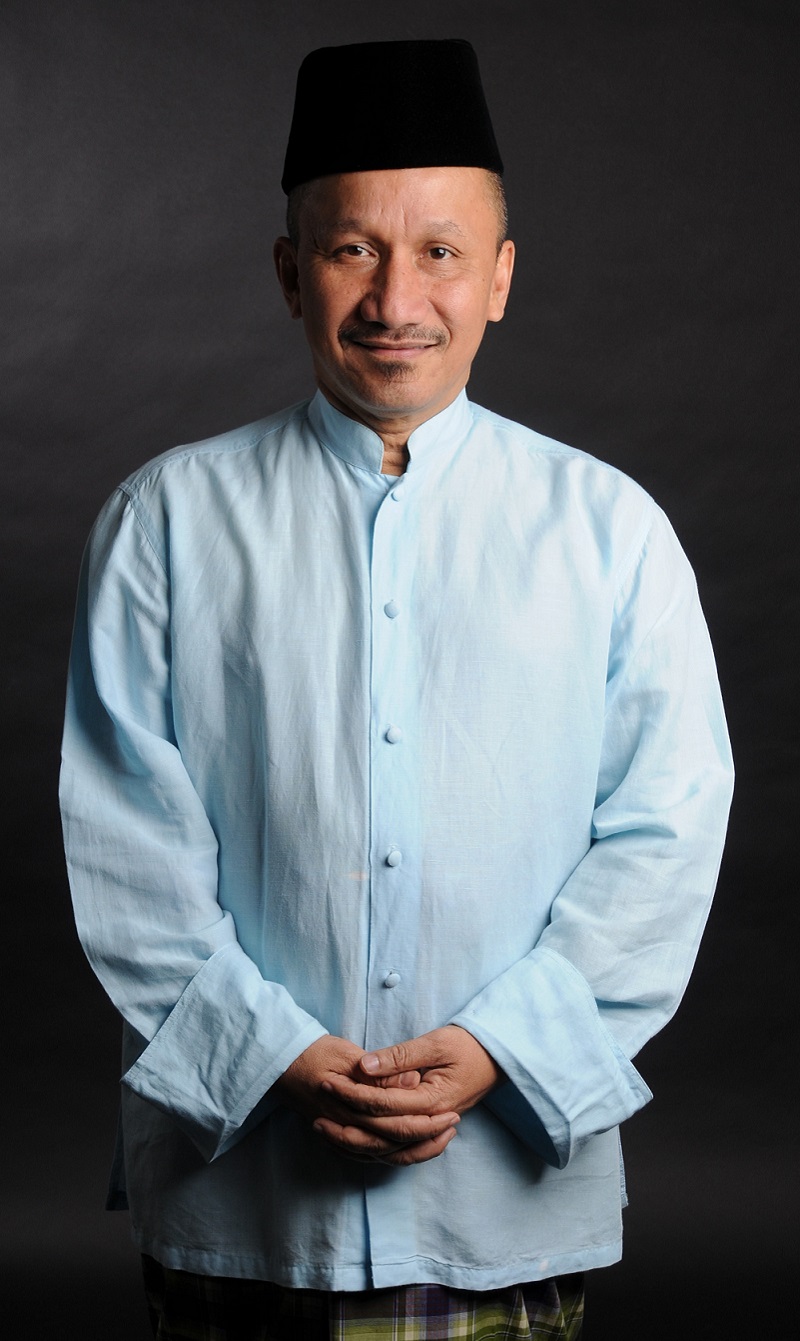More than just a Miraj
Adiba Ataeva went through BBC’s world-class school of journalism as well as content production then decided to establish her UK-based multimedia production company, Miraj Studios Ltd, where she applies storytelling skills that provide children with an engaging experience while learning about religion.
Like many Muslim parents living in non-Muslim countries, Adiba Ataeva and her husband, Mathew, were keen to find ways for their 8-year-old son to learn about religion. So, in 2016, she founded the UK-based startup Miraj Studios Ltd, a multimedia digital production company specialising in Islamic mini-games, animations and interactive books. Adiba was born and raised in Uzbekistan and then moved to the United Kingdom in 1998, where she started working for the BBC as a broadcast journalist. Coming from the land of scholars like Al-Khwarizmi and Al-Biruni, Adiba knew she was destined to do more.
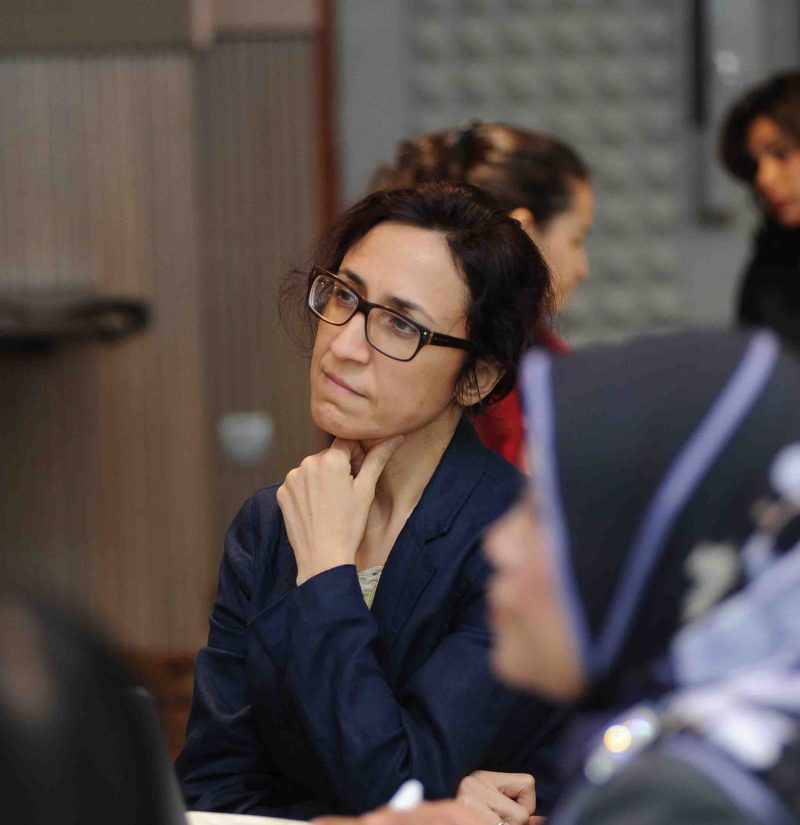
She wanted something to attract children’s attention about culture and religion in a genuinely engaging and creative way. ‘The books on Islam we found, at the time in the UK, could not compete with the stories about dragons and super-heroes with the quality of contemporary media; and there were no Islamic audio books suitable for his age,’ she said. Adiba then tapped into her creative skills to find a solution. She later quit her job and decided to use her storytelling skills to help her son and other young Muslims learn about their religion. ‘Although global news and Islamic stories for children are totally unrelated areas, both involve storytelling – arguably, the most powerful way of communicating ideas that exists,’ she said.
In 2018, Adiba was one the participants at the recent WIEF Women Entrepreneurs Strategic Workshop in Kuala Lumpur which helped 30 business women from different parts of the world how to enhance their business skills. ‘I learned so much in just two days and met some amazing women. The step-by-step problem solving by drawing pictures was especially helpful and I immediately started using it at work. Networking has always been my weakness, so equipping myself with networking techniques and tips was especially helpful. I look forward to attending other WIEF workshops,’ she said.
Existential experience
She had really hit a point in her life when she couldn’t avoid the existential questions about the meaning of life and the legacy she wanted to leave behind. ‘I had to ask myself whether I should keep lighting matchsticks, like writing news stories that come and go as day and night, or whether I should do something that contributes to a long-lasting fire that warms people’s hearts,’ she mentioned.
Adiba recalled buying an iTunes children’s audio Bible that was beautifully narrated and produced. They thought they could teach their son about Islam by playing these Bible stories and pointing out the differences between Islam and the Judeo-Christian tradition. ‘Our son loved that audio book and listened to it again and again. Then I said to myself, if we can’t find an Islamic equivalent, produced to such a high standard, then we’ll have to make it ourselves. So, the Miraj journey began as an Audio book production company and with it my journey as a businesswoman,’ she said.
Miraj stories app features
Her journey with Miraj Studios started in 2013. Now, as CEO of Miraj Studio, she has a team of six people including her husband as the co-founder. The team members are mostly developers, while most of the creatives are done by freelancers. In April 2018, the Miraj Islamic Stories App for kids was launched and is now available in the App Store. The app was the first of its kind, designed mostly for kids aged between six to eight years old. The company has now developed two brands called Miraj Stories and Miraj Audio.
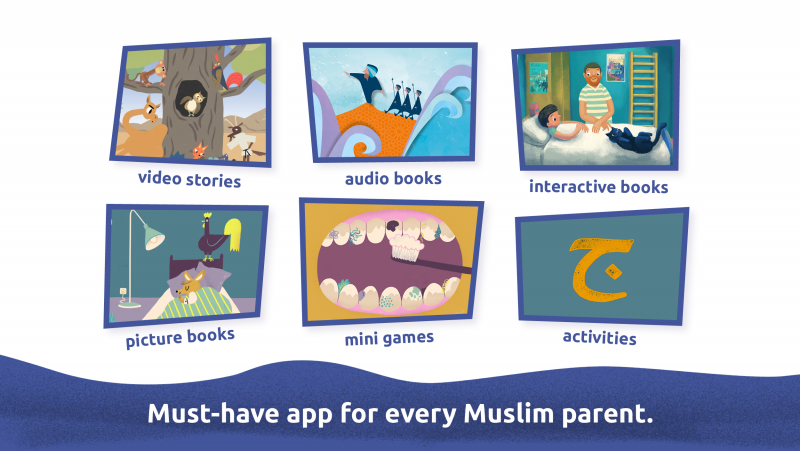
Miraj expanded by introducing visuals, animations, interactive books and mini-games. ‘For children, we create experiences that are beautiful, meaningful, engaging and memorable. For parents, we provide an essential tool that teaches their children Islam in a safe, non-addictive and ad-free environment,’ Adiba said.
Besides Islamic teachings, the app teaches children essential skills such as listening, comprehension, pronunciation and creative thinking. ‘Our content is produced in-house to ensure the quality and accuracy of our books and mini-games. We work closely with religious consultants and scholars on stories about Prophets and his companions,’ she added.
Support and challenge
Adiba’s main supporter was her husband and close friends. Adiba also signed up for nearly all mentoring schemes in Britain for startups and had gone to two mentors. ‘I don’t think I would have achieved all I have without their help,’ she said.
Unfortunately, no business came without its challenges. One of Adiba’s main challenges was that many people wanted things for free and said that their subscription costs, which was GBP3 a month, was expensive. ‘They don’t understand that beautiful illustrations, well written stories, professional animations, good programming are very costly and someone needs to pay for them. Quality is costly. You can’t pay nothing and expect top notch products and services,’ she explained.
Another challenge was their niche because the English-speaking Muslim market was relatively new and dispersed around the world, so reaching people would be tricky. Adiba believed their challenges were also their strengths. ‘It’s a hungry, underserved market, therefore services like ours are appreciated and valued especially by educated classes,’ she said.
Looking ahead
Adiba’s future goal was to create a digital production house that would play an important role in transferring knowledge about religion to digital platforms for future generations of Muslims. ‘This production house will be self-sufficient and able to generate enough revenue to cover production costs and invest in research and development. These are not typical business goals but we’ve chosen them because what we’re building is more than a business,’ she said.
What generally made her happy was, knowing someone out there was enjoying and learning from her app and stories. ‘I once received a message from a 25-year-old woman in Germany thanking me for the app. She said it helped her learn so much about Islam. I never thought our children’s stories app would appeal to grown ups,’ she said.
Last words
Adiba advised women entrepreneurs to do some deep soul-searching and ask themselves, ‘are you ready to pick yourself up when everything around you is in pieces and the situation looks hopeless? If you get through that, do a thorough market research and find out if there are people out there who’re prepared to pay you for your product or service. When you start, be careful with your cash. Believe in yourself and trust your intuition because no one understands your vision, your business model and your ideas better than yourself,’ she concluded.
___________________
Photo by Patricia Prudente on Unsplash
